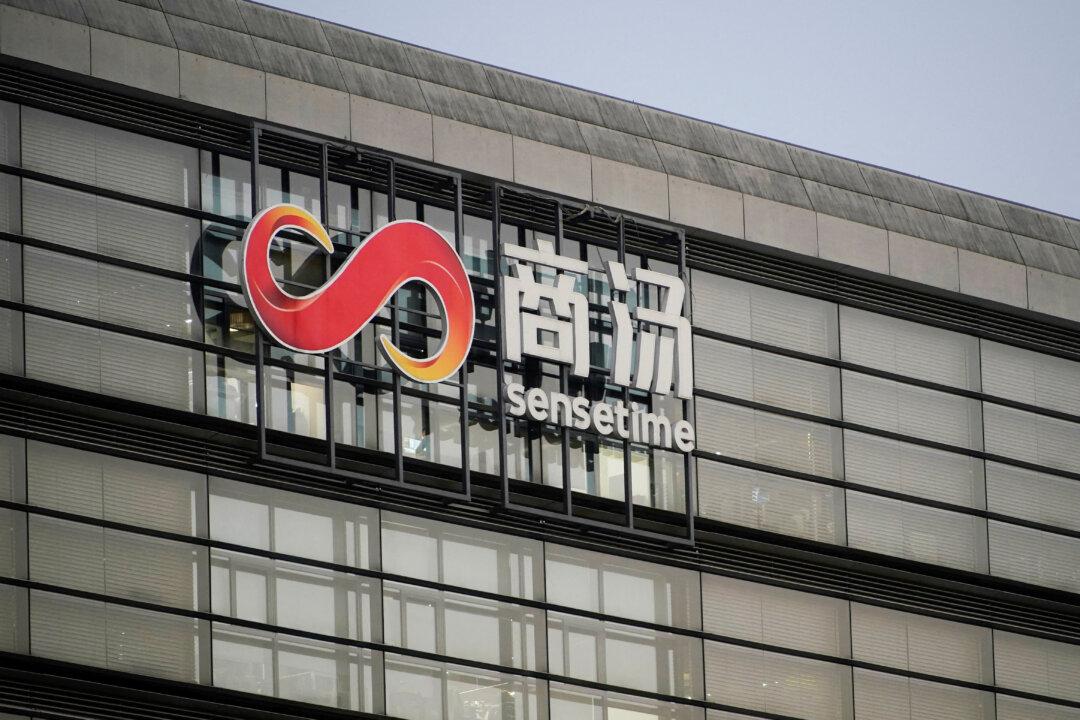The value of the Chinese yuan has been declining continuously in recent months after the country’s reopening from COVID lockdowns, and the Central Bank of China during its Q2 meeting dropped any reference to “enhancing the flexibility of the Chinese yuan exchange rate.” According to a financial expert, the Chinese regime is currently in a difficult dilemma, as its ambition to promote the internationalization of the Chinese yuan has brought great pressure on itself to maintain the exchange rate.
After breaking the 7-yuan-per-dollar benchmark on May 17, the Chinese yuan exchange rate has continued to depreciate. On June 30, both onshore and offshore yuan exchange rates briefly fell below 7.26 and 7.28 respectively. On July 3, the opening rate for the offshore yuan improved slightly to 7.2550.






